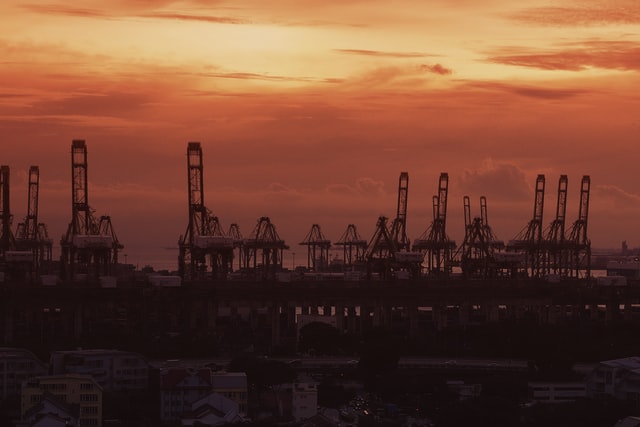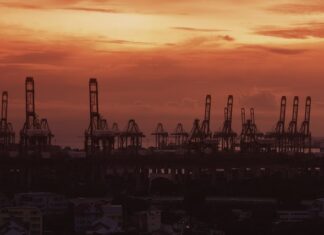OPEC, actually the Organization of the Petroleum Exporting Countries is an international organization of oil producing countries based in Vienna. What does OPEC stand for?
OPEC definition
OPEC – many of us have encountered this abbreviation, but hardly anyone knows what it means. What is OPEC? This is the Organization of Petroleum Exporting Countries. The headquarters of the organization is in Vienna. OPEC brings together a dozen or so countries that have significant oil deposits and production. Typologizing the organization due to the nature of cooperation between entities belonging to its ranks, it can be said that OPEC is a cartel organization. Cartels are a specific form of functioning of two or more competing entities from similar industries that conclude contracts with each other and thus are able to significantly influence the market for prices of products, services, resources they produce, etc. This type of practice is illegal, inter alia, in member states of the European Union or in the United States. This applies to one specific company operating in the dimension of the above-mentioned economies. OPEC is an interesting product in terms of the nature of its activity, as it is not de facto controlled by other countries. Of course, one could say a lot about the sphere of influence it exerts and adopts. It is not without reason that the study and analysis of the functioning of the Organization of Petroleum Exporting Countries constitutes a significant activity of scientific units and institutions in the field of economic as well as social or political sciences.

OPEC (Organization of Petroleum Exporting Countries) – members
There are 14 countries belonging to the Organization of Petroleum Exporting Countries (data for May 2017). The founding countries include: Iran, Iraq, Kuwait, Saudi Arabia and Venezuela, followed by Qatar (1961), Libya (1962), United Arab Emirates (1967), Algeria (1969), Nigeria (1971), Ecuador (1973–1992, then again in 2007), Gabon (1975–1995, again a member of OPEC since 2016), Angola (2007) and Equatorial Guinea (2017).
Since the 1980s, representatives of Mexico, Egypt, Norway, Oman and Russia have appeared at OPEC meetings as observers.
Impact of OPEC on the price of crude oil
Countries associated in the OPEC organization due to their share in the global supply of crude oil may affect its price on international markets by changing the volume of oil production. An organization announcing a reduction in production may lead to price increases and increasing production may lead to a decrease in prices. It should be noted, however, that in the 21st century the impact of OPEC on the price of oil is much weaker than in the last century. The reasons for this are: the development of financial markets, IT, communications, renewable energy sources, OECD countries policy, industrial restructuring, increasing the share of crude oil supplies by countries outside the organization, the internal situation in the Organization.














